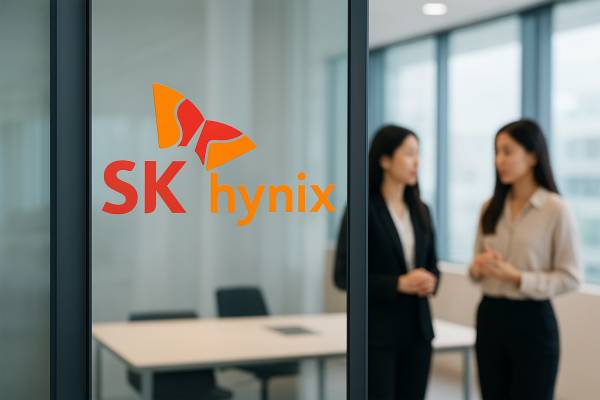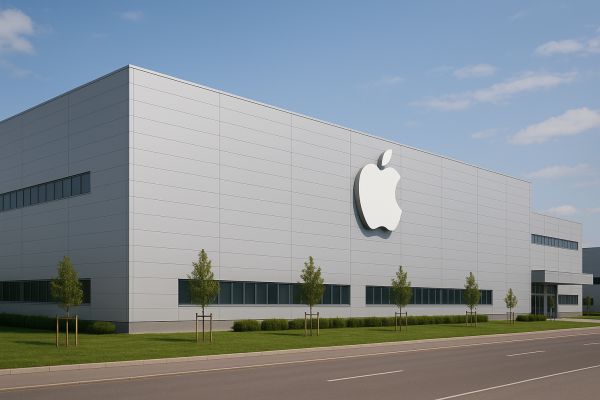Apple has long been trying to find its place in the rapidly evolving market of generative artificial intelligence. The company waited strategically for decades before directing significant resources into artificial intelligence-based developments. Now, however, according to the latest news, the Cupertino-based company may be preparing to take a bigger step than ever before: internal discussions have begun on the possible acquisition of a startup called Perplexity AI.
Perplexity is widely recognized as one of the most promising players in AI-based search. The company offers search solutions that provide users with direct, linguistically interpreted answers instead of traditional link lists, with real-time web access. This makes the company particularly interesting at a time when the future of Google-led ecosystems based on traditional search engines is more uncertain than ever.
According to Bloomberg and other sources, Apple has not made an official offer; in fact, the potential deal is still only at the preliminary, internal discussion stage. The negotiations are reportedly being led by Adrian Perica, Apple's head of acquisitions, and Eddy Cue, vice president of services, in close collaboration with the company's artificial intelligence team.
Perplexity was recently valued at $14 billion after the company successfully completed another round of financing. This amount would far exceed Apple's largest acquisition to date – the $3 billion acquisition of Beats in 2014. If the deal goes through, it would be a milestone not only financially but also technologically: Perplexity's developers and technology could become valuable assets in rebuilding Apple's artificial intelligence strategy.
There are several strategic reasons behind the potential acquisition. One of the main drivers is the uncertainty surrounding the $20 billion annual search engine agreement between Apple and Google. This partnership could be jeopardized by the US government's antitrust proceedings. In such a situation, developing its own AI-based search solution would not only give Apple a competitive advantage, but also future-proof the company's search strategy.
On the other hand, Perplexity has a product with a real consumer presence and brand awareness in the AI market – something Apple has not had until now. During the years-long modernization of Siri, users have often complained that the system has struggled to keep up with other, more intelligent assistants available on the market. A Perplexity-based development direction could give new impetus to Siri's renewal.
However, several factors complicate the process. The most significant obstacle may be Samsung, which, according to reports, is close to finalizing its own Perplexity partnership. This collaboration could reduce Apple's chances of securing an exclusive agreement. It is also worth mentioning that Meta also explored the possibility of acquiring Perplexity, but ultimately decided to invest a significant amount in another company called Scale AI instead.
In light of all this, Apple is not only considering the possibility of an acquisition, but is also exploring alternative forms of collaboration. One such example could be the integration of Perplexity's technology into the Safari browser or the underlying system behind future Siri responses. This approach is consistent with Apple's traditional cautious technology partner selection strategy, which can also be observed in its relationships with hardware suppliers: it negotiates with multiple partners at the same time, ensuring flexibility and bargaining power.
Although there has been no official confirmation from Apple, there are signs that the company is seriously considering redefining its role in the field of AI-based search. Whether this will happen through acquisition, partnership, or a combination of both is still an open question—but the direction of the move is already becoming clear.
























